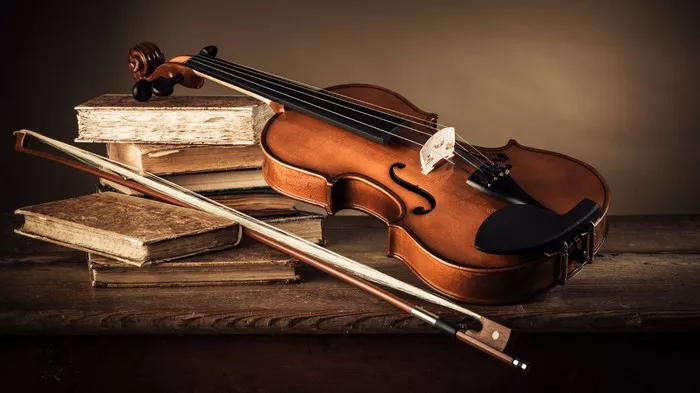Classical music is an art form that has stood the test of time, captivating audiences for centuries with its rich compositions and timeless melodies. Throughout its history, classical music has evolved into various genres, each characterized by unique styles, structures, and instrumentation. In this article, we will delve into the five primary genres of classical music: Baroque, Classical, Romantic, Impressionist, and 20th-century.
I. Baroque Music: The Ornate Brilliance
The Baroque era, spanning from the early 1600s to the mid-1700s, was a period of musical innovation and grandeur. Composers of this era, such as Johann Sebastian Bach, George Frideric Handel, and Antonio Vivaldi, embraced ornate and highly ornamented compositions. The music of the Baroque era is characterized by contrapuntal textures, elaborate melodic lines, and the use of basso continuo, a continuous bassline supporting the harmony. The emergence of various musical forms like the concerto, suite, and fugue marked this era, each showcasing the virtuosity of both soloists and orchestras.
II. Classical Music: Elegance and Symmetry
The Classical era, which followed the Baroque era and flourished from the mid-1700s to the early 1800s, brought about a shift in musical styles. Composers like Wolfgang Amadeus Mozart, Ludwig van Beethoven, and Franz Joseph Haydn embraced clarity, balance, and structure in their works. Classical music is characterized by its use of well-defined forms, such as sonata-allegro, minuet and trio, and rondo, giving rise to a sense of symmetry and elegance. The rise of the symphony and the concerto as dominant forms during this period provided composers with a platform to experiment with orchestration and musical expression.
III. Romantic Music: Emotional Expression
The Romantic era, spanning the 19th century, was a time of emotional expression and individualism in music. Composers like Ludwig van Beethoven (transitional figure), Pyotr Ilyich Tchaikovsky, and Johannes Brahms embraced the power of music to evoke deep emotions and tell vivid stories. Romantic music is characterized by its expressive melodies, dramatic harmonies, and expanded forms, often allowing for more significant use of rubato and expressive phrasing. Composers also drew inspiration from literature, nature, and personal experiences, resulting in programmatic works and symphonic poems.
IV. Impressionist Music: Painting with Sound
The Impressionist era, emerging in the late 19th to early 20th century, was a revolutionary period in classical music, characterized by an emphasis on atmosphere, timbre, and subtle emotions. Composers like Claude Debussy and Maurice Ravel aimed to evoke moods and sensations through their compositions, much like Impressionist painters sought to capture fleeting moments with their brushstrokes. Impressionist music is characterized by its use of extended harmonies, whole-tone scales, and evocative titles that create vivid imagery and ambience.
V. 20th-Century Music: Diverse Exploration
The 20th century was a time of incredible diversity and experimentation in classical music. Composers like Igor Stravinsky, Arnold Schoenberg, and Dmitri Shostakovich pushed the boundaries of traditional tonality, paving the way for atonal and serial music. The emergence of new technologies and world events influenced compositions, leading to the creation of electronic music and works that reflected the turbulence of war and societal changes. The eclectic nature of 20th-century classical music defies easy categorization, as it encompasses various movements like neoclassicism, minimalism, and post-modernism.
Conclusion:
The five genres of classical music: Baroque, Classical, Romantic, Impressionist, and 20th-century, represent significant periods in the history of music, each contributing unique styles and innovations. From the ornate brilliance of Baroque to the emotional expression of Romanticism, and the diverse experimentation of the 20th century, classical music has continually evolved, leaving a profound impact on our cultural heritage. Exploring these genres opens doors to a deeper appreciation of the artistry and craftsmanship that have shaped classical music into the timeless and cherished form it is today.

